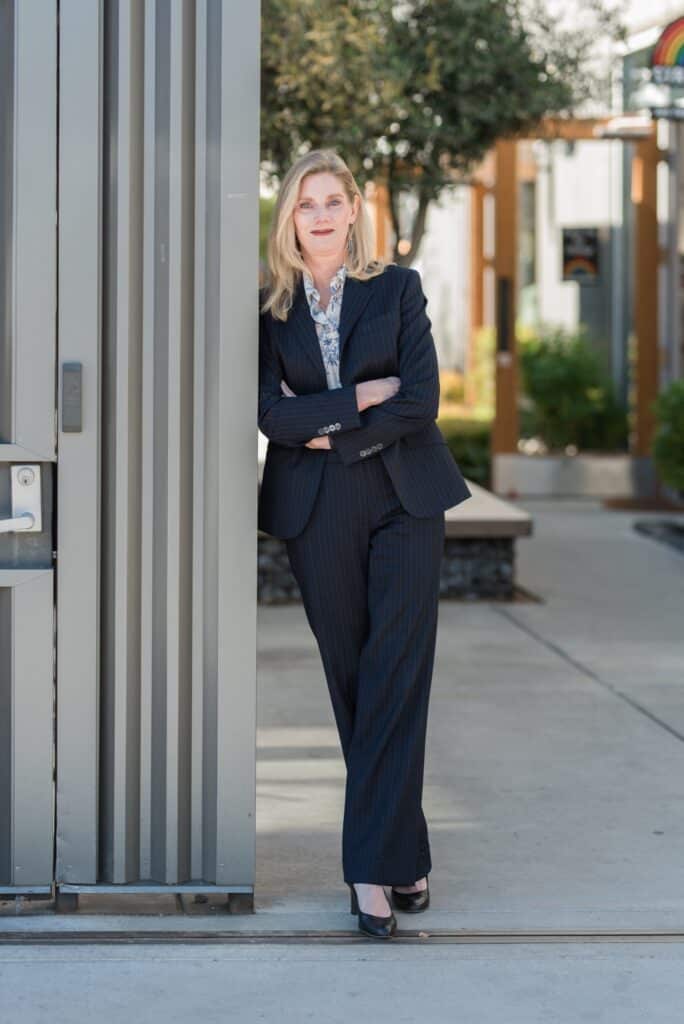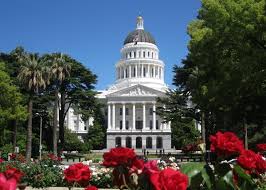A Message from CCAH Executive Director, Jenna Abbott

Today, I am pleased to announce a major legislative victory for CCAH and the entire affordable housing industry: the language from SB 686 has officially been included in the Governor’s budget trailer bill, which takes effect immediately.
For the first time, the early payoff of California Department of Housing and Community Development (HCD) loans is codified in state law—a move that unlocks critical flexibility for developers, replenishes HCD’s lending capacity, and accelerates housing production across California.
Here’s why this matters—and why we fought so hard to make it happen: when developers are permitted to pay off HCD loans early, they can unlock equity from stabilized properties. That equity can then be
reinvested into new affordable housing developments or used to preserve existing housing, multiplying the impact of every public dollar. Meanwhile, the funds repaid to HCD—estimated to total hundreds of millions of dollars—can be redeployed as new funding to support additional projects, creating a powerful, self-sustaining cycle of reinvestment and growth.
At CCAH, we’re proud to have championed this change alongside our co-sponsors at the California Housing Consortium (CHC). Over hundreds of person-hours, and with the expertise of our members, we worked closely with HCD to craft clear, effective legislative language. The process was detailed and, at times, painstaking—but the result is smart, sustainable policy that reflects the realities of affordable housing finance. It empowers mission-driven developers to do more, while ensuring that public resources continue to serve the communities that need them most.
We are deeply grateful to our partners in the Legislature—especially Senator Eloise Gómez Reyes and Assemblymember Chris Ward, the author and co-author of SB 686—and their dedicated staff. We also thank the hardworking team at HCD, both the Senate and Assembly housing committees, the state budget committee, and the Newsom Administration for their collaboration and support. Together, we are building a more responsive, resilient housing system—one that meets the moment and lays the foundation for more affordable rental housing across California.
As we move into the second half of the year, we’re keeping the momentum going. CCAH is actively seeking new legislative ideas and preparing to activate our PAC to influence meaningful change. Among the pressing issues we’re tracking:
- Rising insurance premiums that threaten project viability
- Delays from public utility scheduling that slow down conversions and lease-ups
- Escalating supply and labor costs, with potential tariffs adding uncertainty
Our Policy Manager, Paul, will be reaching out to members to gather feedback as we shape our advocacy strategy for the remainder of 2025 and into the 2026 legislative session.
On the bright side, there’s good news at both the state and federal levels. The federal “Big Beautiful Bill” includes key wins for affordable housing, such as the expansion of LIHTC and the restoration of Private Activity Bonds (PABs). At the state level, the Governor’s budget also includes $500 million in additional California state tax credits and CEQA reforms that will help streamline housing development.
Our conferences continue to be a hot ticket. Both the 2024 Fall Conference and the recently completed 2025 Spring Conference were sold out, with overwhelmingly positive feedback from attendees. We’re now gearing up for our Fall Conference, taking place November 5–7 at the Paradise Point Resort and Conference Center in San Diego.
- VIP/Member-Only Registration opens July 15
- Early Bird Registration for all attendees opens August 1
We expect another sellout, so please register early and mark your calendars!
Finally, a heartfelt thank you to our members and supporters. Your commitment makes our work possible. If you’re not yet a member of CCAH, let’s fix that! Lindsey or I would be happy to speak with you about the benefits of membership and how your voice can help shape the future of affordable housing in California.
Together, we’re making real progress—and we’re just getting started.
